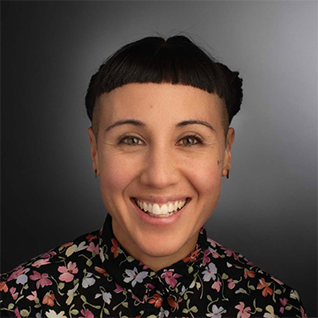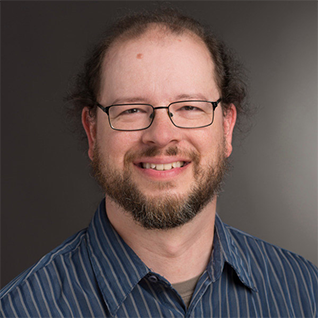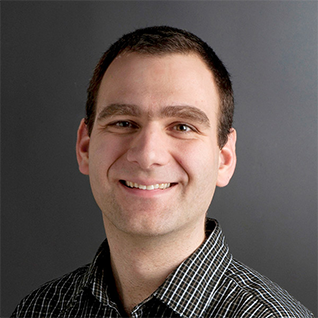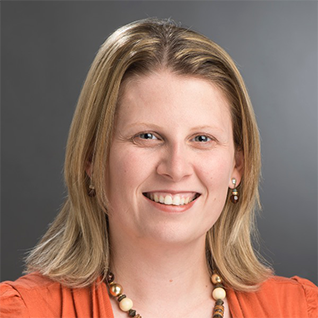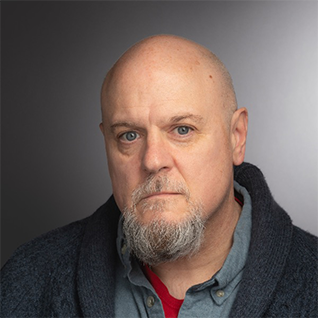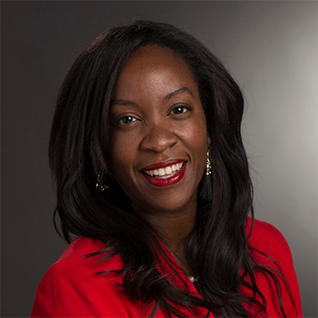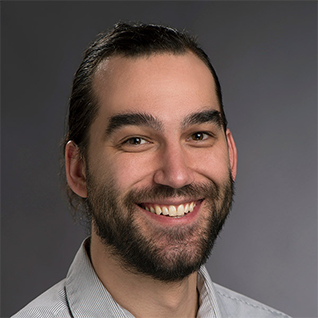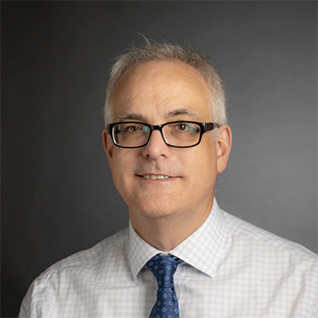Faculty Fellows Program
- RIT/
- Center for Teaching and Learning/
- Programs and Events/
- Faculty Fellows
The Mission of the Faculty Fellows
RIT’s Center for Teaching and Learning (CTL) promotes excellence in teaching and the creation of exceptional learning experiences by championing an effective and innovative teaching culture across the University.
The Center for Teaching and Learning Faculty Fellows Program at RIT is designed to provide full-time faculty with leadership opportunities in advancing RIT’s strategic goals in the area of teaching and learning. In offering this new program, we seek to align faculty expertise as teaching practitioners closely with the work of the Center for Teaching and Learning. Faculty Fellows will work with RIT faculty to support their development of a range of pedagogies and teaching strategies.
About
The CTL Fellows Program offers faculty opportunities to partner with the Center for Teaching and Learning in two roles:
- Discipline Fellows advance teaching excellence within the college-based disciplines: The Arts, Business, Computing/Technology, Engineering, Humanities/Social Sciences, Science/Health Sciences.
- Strategic Priorities Fellows advance key strategic priorities which span the university: Inclusive Teaching Practices, Gateway Course Student Success, and Generative AI.
2025-2026 Faculty Fellows
The Faculty Fellows are currently developing a range of new programs across multiple formats including workshops, panel speaker events, teachers on teaching series and teaching circles to supplement the Centers innovative training opportunities. These will initially focus on enhancing teaching tactics in the area of student engagement, using academic technology to its best advantage, and strategies for reflective teaching practice.
Discipline Faculty Fellows
Mari Jaye Blanchard
Associate Professor
mjbpph@rit.edu
Matthew Vollmer
Lecturer
mvollmer@saunders.rit.edu
Faculty Fellow in Computing Technology
Andrew Wheeland
Senior Lecturer
anwigm@rit.edu
Mario Gomes
Principal Lecturer
mwgeme@rit.edu
Faculty Fellow in Humanities/Social Sciences
Jessamy Comer
Senior Lecturer
jcomer@rit.edu
Faculty Fellow in Science/Health Sciences
Bernard Brooks
Professor
pbsma@rit.edu
Strategic Priority Faculty Fellows
Faculty Fellow in Inclusive Teaching Practices
Makini Beck
Assistant Professor
mzbind@rit.edu
Faculty Fellow in Gateway Course Student Success
Phil Shaw
Senior Lecturer
pxsldc@rit.edu
Faculty Fellow in Generative AI
Garret Arcoraci
Principal Lecturer
gpavks@rit.edu
Faculty Fellow in Generative AI
Shaun Foster
Professor
scffaa@rit.edu
Keri Barone
Faculty Fellow in Humanities/Social Sciences 2022-23, 2023-24
Amanda Bao
Faculty Fellow in Engineering 2022-23, 2023-24
Michelle Chabot
Faculty Fellow in Science/Health Sciences 2022-23, 2023-24, 2024-25
Nickesia Gordon
Faculty Fellow in Inclusive Teaching Practices 2023-24
Alex Lobos
Faculty Fellow in The Arts 2022-23
Rajendran Murthy
Faculty Fellow in Business 2022-23, 2023-24, 2024-25
Torrence Sparkman
Faculty Fellow in Inclusive Teaching Practices 2022-23

